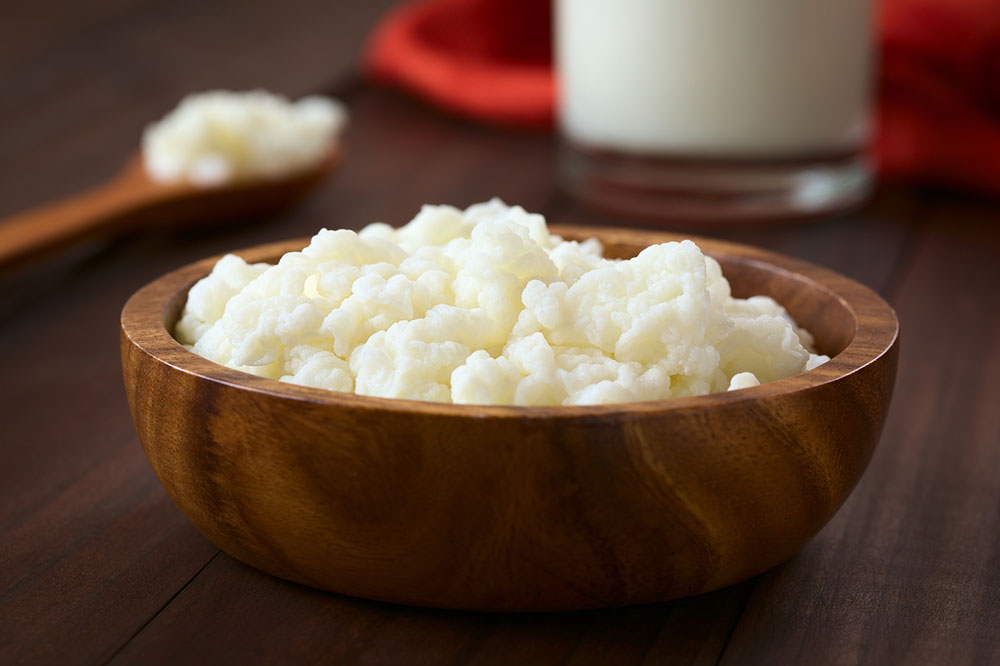Comprehensive Guide to Preventing and Relieving Constipation Naturally
This comprehensive guide covers the key causes of constipation and emphasizes natural, fiber-rich solutions for prevention and relief. By adopting dietary and lifestyle changes, individuals can promote healthy digestion and avoid reliance on medications. Learn about the benefits of chia seeds, flaxseeds, psyllium husk, and more to restore regular bowel movements naturally.

Constipation is a common gastrointestinal issue affecting a significant portion of the adult population worldwide. Studies indicate that over 20% of adults experience constipation at some point, characterized by infrequent or difficult bowel movements, abdominal discomfort, bloating, gas, and fatigue. Although it may seem like a minor inconvenience, persistent constipation can significantly impact quality of life and overall health. Fortunately, understanding the root causes and implementing natural dietary strategies can effectively alleviate and prevent constipation without relying solely on medications.
In this detailed guide, we will explore what causes constipation, identify risk factors, and examine practical, scientifically-supported natural solutions—particularly focusing on the role of dietary fiber. By including specific fiber-rich foods and healthy lifestyle habits, individuals can promote regular bowel movements, enhance gut health, and reduce reliance on laxatives or medical interventions. Whether you face occasional irregularity or chronic issues, this comprehensive approach offers sustainable and accessible remedies.
Understanding the Causes of Constipation
To effectively manage or prevent constipation, it's essential to understand its primary causes. Several factors can disrupt normal bowel function, including dietary habits, lifestyle choices, medications, hormonal influences, and psychological factors.
Poor Diet: A diet low in dietary fiber, processed foods, and insufficient hydration is a leading cause of constipation. Fiber adds bulk to stool, facilitating movement through the digestive tract.
Lack of Physical Activity: Sedentary lifestyles decrease intestinal motility. Regular exercise stimulates gut activity and supports healthy digestion.
Stress and Psychological Factors: Stress and mental health issues can impact gut motility by affecting the nervous system controlling gastrointestinal functions.
Medications: Certain medications, including opioids, antacids containing aluminum or calcium, and antidepressants, can cause constipation as a side effect.
Hormonal Changes: Hormonal fluctuations, especially in women during pregnancy, menstruation, or menopause, can influence bowel movements.
Magnesium Deficiency: Magnesium plays a crucial role in muscle function, including the muscles of the gastrointestinal tract. A deficiency can slow down bowel movements.
Poor Bathroom Habits: Ignoring the urge to defecate or delaying bowel movements can lead to harder stools and eventual constipation.
Role of Dietary Fiber in Preventing Constipation
Dietary fiber, especially soluble and insoluble fiber, is essential for maintaining healthy bowel movements. It adds bulk and softness to stool, making evacuation easier. Incorporating fiber-rich foods into daily meals can significantly improve digestive health.
Natural Fiber Sources
Chia Seeds: Rich in soluble fiber, chia seeds readily absorb water, forming a gel-like substance that promotes stool softening and regularity. Soaking chia seeds overnight and adding them to smoothies, oatmeal, or yogurt is an easy way to boost fiber intake.
Flaxseeds: High in both soluble and insoluble fiber, ground flaxseeds can be sprinkled over cereals or mixed into baked goods for digestive benefits.
Psyllium Husk: A potent natural soluble fiber supplement, psyllium husk is often used in fiber powders and laxatives. It helps bulk up stool and facilitates smooth bowel movements.
Fruits like Apples: Apples are rich in soluble fiber (pectin) and contain a good amount of water, which aids in stool movement. Eating whole apples with skin enhances fiber intake.
Vegetables and Whole Grains: Incorporate vegetables like carrots, broccoli, and leafy greens, and choose whole-grain options such as oats, brown rice, and whole wheat bread.
Additional Natural Remedies and Lifestyle Tips
Beyond dietary improvements, several lifestyle modifications can help prevent and alleviate constipation naturally:
Stay Hydrated: Drinking plenty of water throughout the day softens stool and supports digestion.
Regular Exercise: Activities like walking, jogging, yoga, or swimming stimulate intestinal motility and promote regularity.
Maintain a Routine: Establishing regular bathroom habits and listening to your body's natural urges prevent stool hardening.
Limit Processed and Low-Fiber Foods: Reduce intake of fast food, sugary snacks, and processed meats that contribute to sluggish digestion.
When to Seek Medical Advice
While natural remedies are effective for most, persistent or severe constipation warrants medical attention. If symptoms such as severe abdominal pain, blood in stool, unexplained weight loss, or sudden changes in bowel habits occur, consult a healthcare professional for proper diagnosis and treatment.
In summary, managing constipation effectively involves understanding its causes and adopting natural, dietary strategies centered around increasing fiber intake, staying hydrated, and maintaining an active lifestyle. These approaches promote healthy gut function, reduce discomfort, and enhance overall digestive wellness, offering a sustainable solution for individuals seeking relief from constipation.





